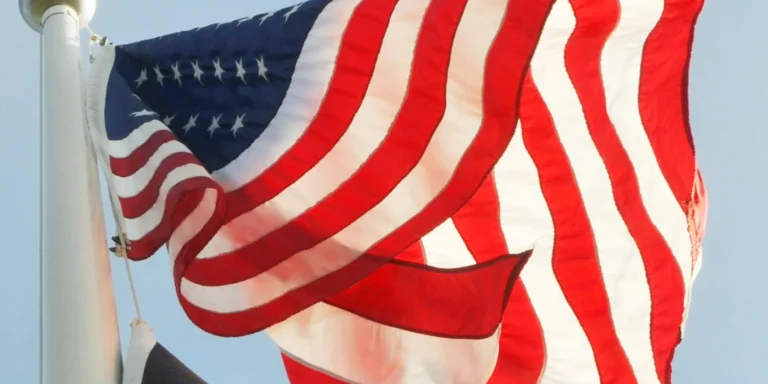Beginning Monday, a new California law will require credit card networks like Visa and Mastercard to assign special retail codes to gun stores, enabling banks to track their sales. This legislative move contrasts sharply with the actions of 17 states, including Georgia, Iowa, Tennessee, and Wyoming, where laws have been passed to ban the use of these specific gun shop codes.
The conflicting laws highlight a new front in the nation’s ongoing gun policy debate, splitting state legislatures along familiar partisan lines. Democratic lawmakers and gun-control advocates believe the new retail tracking codes will help financial institutions identify suspicious gun-related purchases, potentially averting mass shootings and other crimes. States like Colorado and New York have followed California’s lead in implementing similar measures.
Hudson Munoz, executive director of Guns Down America, views the new merchant category code as a significant step in the banking system’s effort to prevent gun crimes. “The merchant category code is the first step in the banking system saying, ‘Enough! We’re putting our foot down,'” Munoz said.
In contrast, Republican lawmakers and gun rights advocates argue that the retail code could unjustly target lawful gun buyers. Over the past 16 months, GOP-led legislatures in 17 states have enacted measures prohibiting the use of the firearms store code. Lawrence Keane, senior vice president of the National Shooting Sports Foundation, expressed concern that this is the first step towards restricting lawful firearm commerce.
The introduction of these laws adds to the broader national divide on gun policy. This past week, U.S. Surgeon General Vivek Murthy declared gun violence a public health crisis, citing over 48,000 firearm-related deaths in 2022. The National Rifle Association quickly criticized this declaration.
States have responded differently to recent mass shootings, with Maine enacting new gun restrictions following a deadly shooting. At the same time, Republican-led legislatures in Iowa and Tennessee have moved to allow more armed teachers in classrooms. The debate over gun shop category codes reflects these broader partisan divisions.
The International Organization for Standardization (ISO), which sets various standards including business category codes, adopted a new four-digit code for gun and ammunition shops in 2022. While major credit card networks initially planned to implement it, they backed off under pressure from conservative politicians and the gun industry. Despite this, California’s new law will require these networks to make the firearms code available to banks by Monday, with full implementation by May 1.
Proponents like Munoz argue that the code could help identify suspicious purchasing patterns and potentially thwart mass shootings. However, opponents fear it could stigmatize gun owners and lead to privacy concerns. Dan Eldridge, owner of Maxon Shooter’s Supplies, has already placed an ATM in his store in response to the potential implementation of the code, anticipating that more customers might prefer to pay in cash.
Read More:
- Democrats Upset Over Biden’s Debate Performance as He Stands by His Campaign!
- Amazon Stops Selling Gift Cards in Western New York Stores, Possibly the Entire State
- New Yorkers Were Harmed by NYPD Officers, Cases Were Covered Up!
Iowa state Sen. Jason Schultz, a Republican, warned that federal agents could use data from financial institutions to infringe on Second Amendment rights. “States are going to have to make a choice,” Schultz said, “whether they want to follow California or support the original intent of the U.S. Constitution.”







+ There are no comments
Add yours